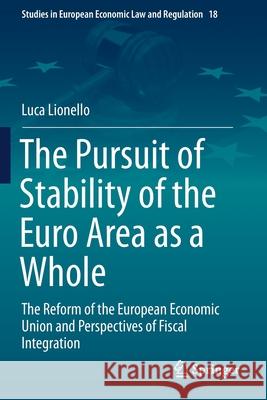The Pursuit of Stability of the Euro Area as a Whole: The Reform of the European Economic Union and Perspectives of Fiscal Integration » książka
topmenu
The Pursuit of Stability of the Euro Area as a Whole: The Reform of the European Economic Union and Perspectives of Fiscal Integration
ISBN-13: 9783030280475 / Angielski / Miękka / 2020 / 243 str.
The Pursuit of Stability of the Euro Area as a Whole: The Reform of the European Economic Union and Perspectives of Fiscal Integration
ISBN-13: 9783030280475 / Angielski / Miękka / 2020 / 243 str.
cena 497,71 zł
(netto: 474,01 VAT: 5%)
Najniższa cena z 30 dni: 497,71 zł
(netto: 474,01 VAT: 5%)
Najniższa cena z 30 dni: 497,71 zł
Termin realizacji zamówienia:
ok. 20 dni roboczych.
ok. 20 dni roboczych.
Darmowa dostawa!
Kategorie:
Kategorie BISAC:
Wydawca:
Springer
Seria wydawnicza:
Język:
Angielski
ISBN-13:
9783030280475
Rok wydania:
2020
Wydanie:
2020
Numer serii:
000472173
Ilość stron:
243
Waga:
0.36 kg
Wymiary:
23.39 x 15.6 x 1.4
Oprawa:
Miękka
Wolumenów:
01
Dodatkowe informacje:
Wydanie ilustrowane











